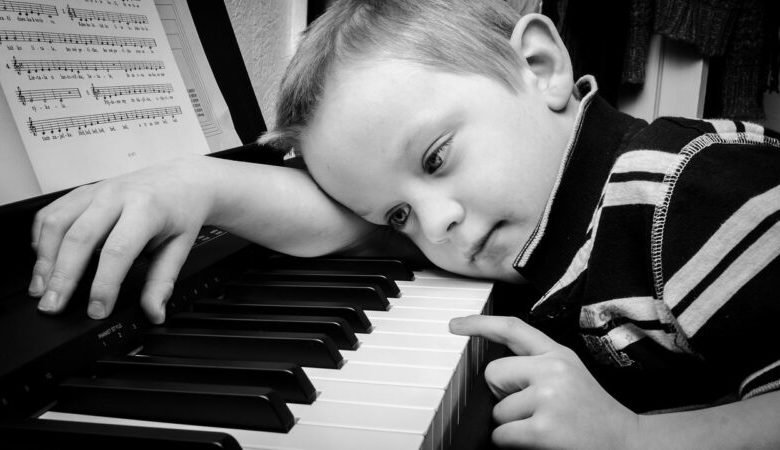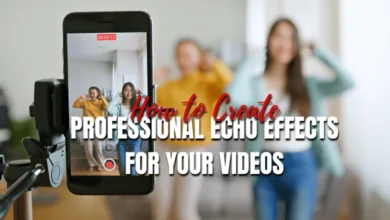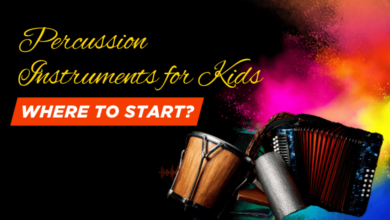12 Steps To Follow To Help Your Child Learn Piano

When taking piano lessons, every child will want to have someone to be with them, motivate them to practice at every time needed. Learning is a year-long process and investment done right. However, parents need to do a few practical things to help their children learn to play the piano.
How Can I Help My Child While Getting Piano Lessons
Not all learning is part of core academic subjects. Additional activities, like piano lessons, are beneficial for kids. It helps them to grow in various ways. Piano lessons at an early age are undoubtedly beneficial for children. When your child wishes to take piano lessons, you might wonder what you can do to help your child. Apart from signing your child up for the best Piano Lessons Milton and motivating him/her to attend the class and practice, you will also need to play a considerable role. Follow the steps listed here before your child starts going for the first piano lesson.
Step 1: Get A Piano At Home
Help your child practice at home. The first step to take is buying a piano. Having the instrument at home will make practising easy. With a piano at home, your child will be able to practice what the tutor teaches and also have fun. When buying the instrument, an acoustic piano is a good option, but digital pianos are also useful to give it a try. Digital pianos will considerably take less space.
Step 2: Let Your Kid Choose Which Piano To Buy
Your child is the one who will be playing the piano, so let him/her choose the type of instrument. Indeed, older children can, in a better way, communicate their tastes and choices than the children of preschool age. Don’t forget it is going to be your child playing the instrument, not you. Take your child along with you to the store and let him/her play the instrument to finalize the purchase. This way, you will make your child more excited to use the piano.
Step 3: Include the piano in your everyday life
If you can, get the piano a few months before your child gets an excellent piano instructor. Doing this, you will make the instrument part of your kid’s everyday life. It will also motivate your child to do research and explore more daily.
Step 4: Choose The Right Place For The Instrument
The first thing to come in your mind after buying a piano will be where to place it. Choose a place that is not lonely and also doesn’t have a TV located. Practising in a dark lonely corner where there isn’t anyone to watch your child playing and appreciate as well as an area where the TV is on will be a significant disadvantage and frustrating.
Step 5: Get A Suitable Stool
Playing the piano with a stool at the right height can make a huge difference. If your kid needs to strain or sit in an awkward position while playing the instrument will not be easy and enjoyable. You can buy an adjustable stool so it can be altered based on your child’s height.
Step 6: Enjoy The Instrument With Your Child
This step is ideal if you know the piano. Pick piano music and play for your child. Do this to help him/her understand the opportunities for piano performance. Find some piano records of your favourite songs or instrumental piano music. Make sure you seek a range of music, not only those that your child likes to play.
Step 7: Watch Performances Together
Live performances and concerts will always motivate your child to play the piano. Taking your kids to live performances is an excellent investment to enhance musical development. If you can’t make it, consider watching online videos of some great professionals and amateur piano players.
Step 8: Set A Time Of Day To Practice
Before your child starts taking piano lessons, sit down, discuss, and set a time for daily practising. The practising time doesn’t need to last for hours. Initially, aim for thirty minutes to one hour and slowly move towards more long sessions.
Step 9: Set Some Time Aside
Spare some time for your child. If possible drop some tasks to fit the time fixed for piano playing. Regular practising is vital. Committing your time will make a huge difference in motivating your child to play the music over a long timespan.
Step 10: Find A Piano Teacher
An experienced teacher is a must for children to help them explore music through any instrument they are learning to play. Find a piano teacher that can understand your child and push him/her to learn the best lessons possible.
Step 11: Understand The Power Of Unorganized And Unpatterned Learning
The right piano lessons are vital if you want your kid to learn the right piano music skills. Get your kid the opportunity to play. Since your child is having the beginners piano lessons showing you the octaves and the name of keys on the piano will be exciting. Sing along with your kid or be more friendly by showing some dancing steps on the music your child is playing.
Step 12: Ultimately Motivate Your Child
Motivation is vital for everyone trying to learn a new thing. When starting piano lessons, everything will be new and exciting for your child. It is easy for children to play a beautiful little tone. But your motivation over the long period will make your child an excellent pianist. The more your child will progress, the harder will be pieces of piano music. People often find challenges hard and stop playing. No magic trick can help your child overcome the challenges, but motivation can.






